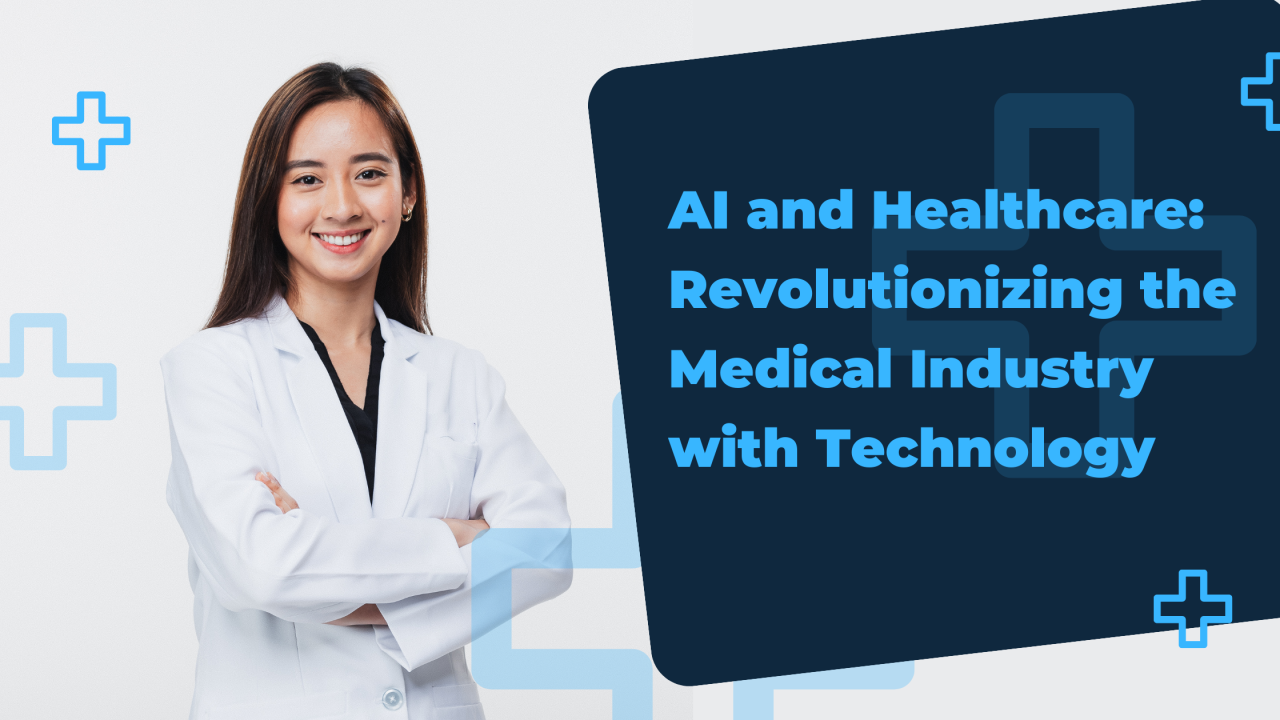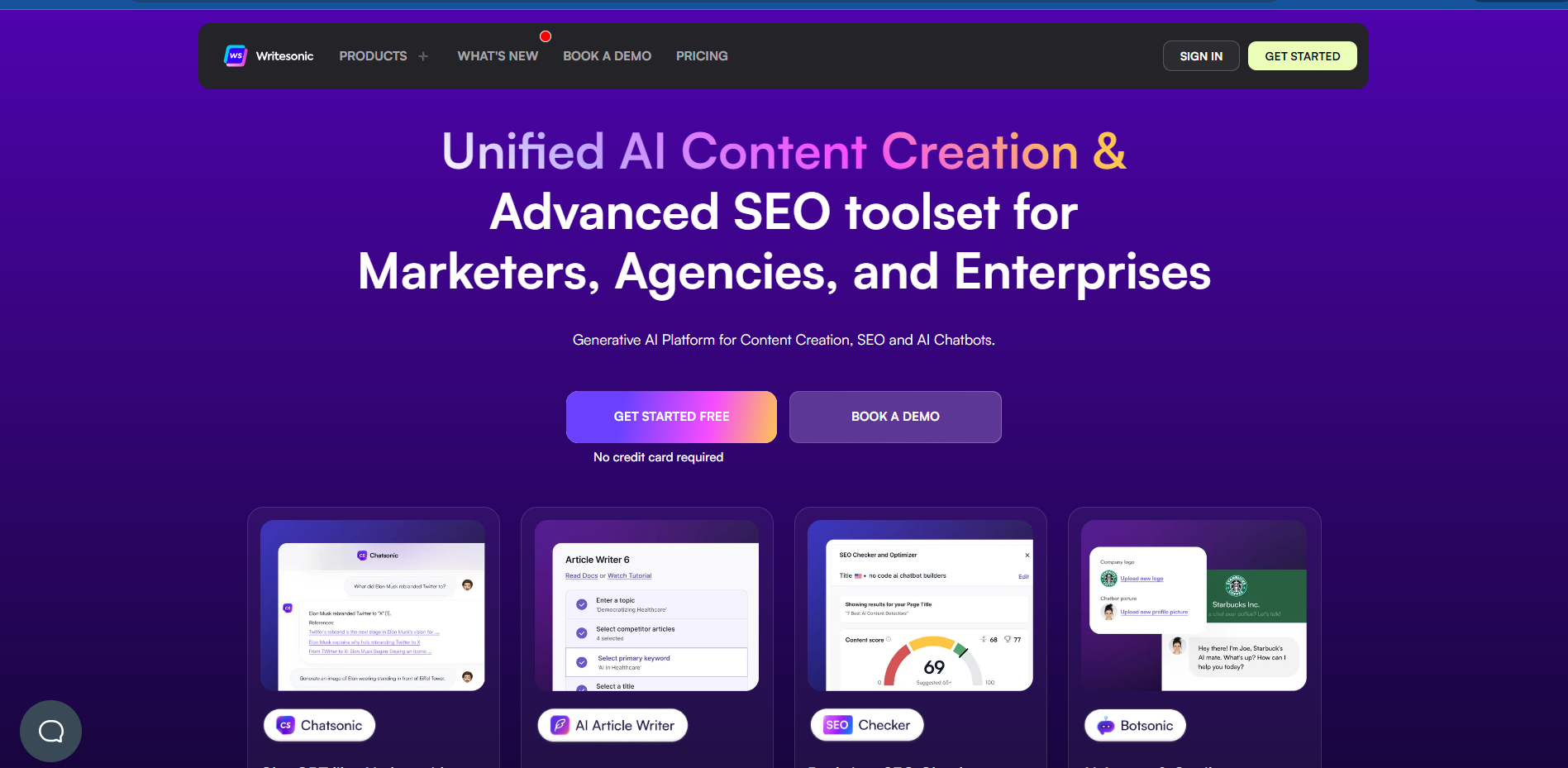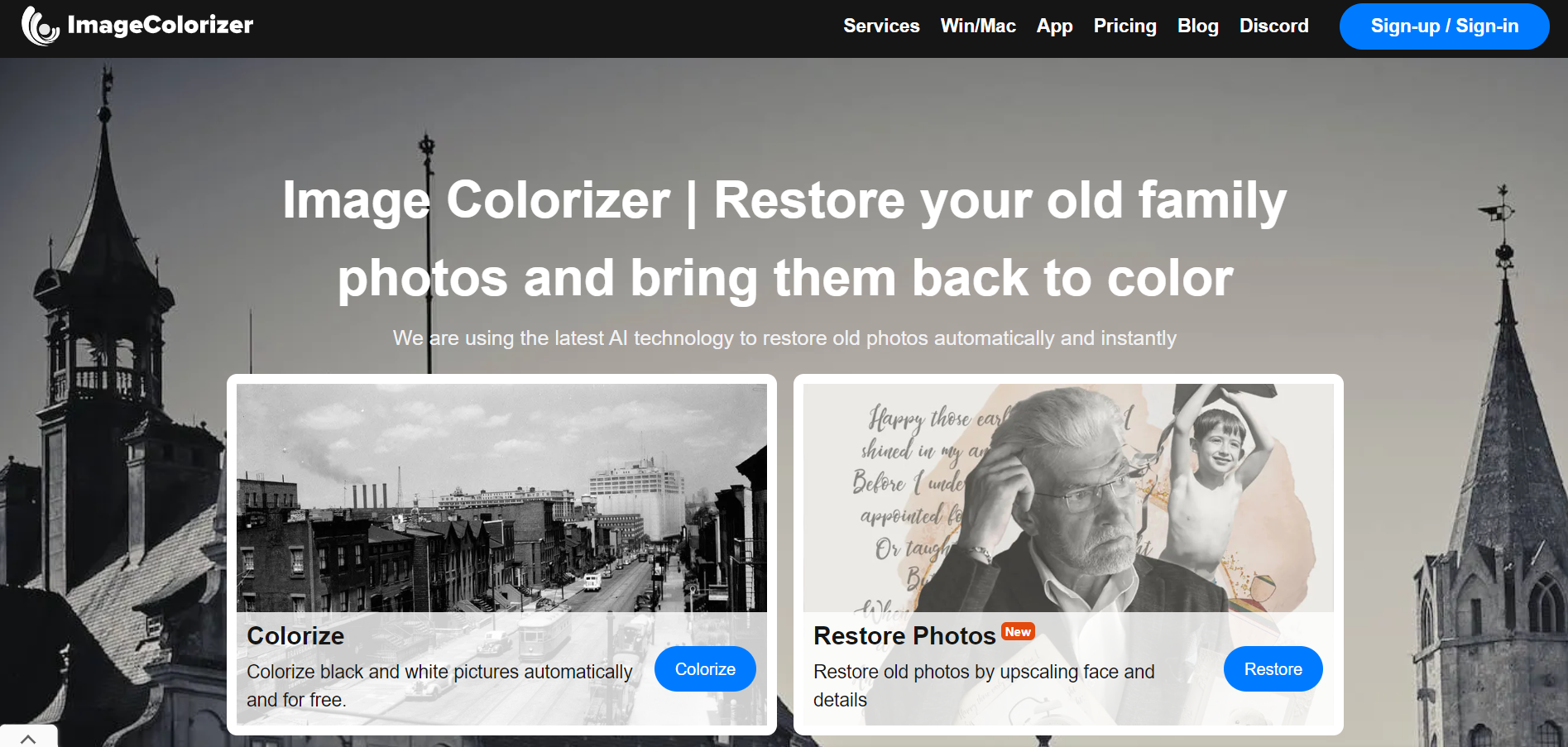That way, it is arguable that, during the past two decades or so, artificial intelligence overtook health and completely changed how medicine is actually delivered either in terms of diagnosis or treatment. The amalgamation of advanced technology and conventional medicine together has turned things upside down completely in ways which were never even imagined.
Disease Diagnosis with the Help of AI
AI is doing much of the hard work these day in diagnostics. These AI-enabled systems run several fancy algorithms, going with high precision through X-rays, MRI, and CT scans. Hence, it detects anomalies and patterns in no time and hence helps doctors reach quicker and more precise diagnoses. By this way, patients can get better treatment sooner, and all over, the outcomes are just so much better.
Simplifying Administrative Work
AI is acing it in the examination room and making all administrative tasks in healthcare a hell of a lot easier. Virtual assistants and chatbots answer patients’ inquiries, set appointments, and even give instructions for follow-up care. Such automation smooths not only how the health system works but also how fast the answers to queries are really personalized.
Personalized Treatment Plans
But probably the coolest thing about AI in that respect is that it is really a wizard at developing personalized treatment plans. Deeply digging into tones of information about a patient’s medical history, genes, and way of life, it then harnesses such information to whip up some potent algorithms in AI that will tailor treatments to them. That would mean better care, fewer side effects, and better attention paid to the patient with respect to their treatment.
Predicting and Preventing Health Issues
A number of cool things AI does relate to prevention. By analyzing the data gathered from wearables, electronic health records, and genetic tests, AI can say long in advance the health problems one will suffer from. These can identify disease conditions such as diabetes, cardiovascular conditions, and even cancers so that the concerned individual and the clinician can begin the addressing at the very start. The treatment of such health conditions may be considered to salvage lifestyles and contribute to the curbing of long-term health costs.
Overcoming Hurdles and Ethics
Of course, there are some potholes on the journey to AI in healthcare. One big concern currently is the level of protection afforded to patient information. They also process and store a huge amount of sensitive data that needs to be kept safe. Then there is something about nondiscrimination: AI algorithms need to be transparent and unbiased so that each patient will be fairly treated with regard to the results. Those challenges, if one can say honestly, represent confidence-building measures for the AI solution entering healthcare.
New Medication Era
Thus, AI in the health field opens a completely new chapter that is even more accurate, effective, and personalized. Going back to diagnosis, elaborating a personalized treatment, AI really helps the doctor in his mission and increases the quality of life.
Hence, this is big for health care as AI keeps improving; it is going to be one of those futures wherein technology and medicine join hands to help mankind lead a happier, healthier life. As a matter of fact, these are endless opportunities, and we’re just getting started.



Leave a Reply